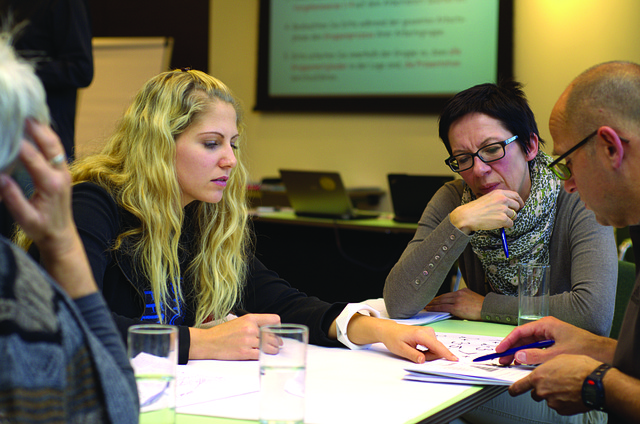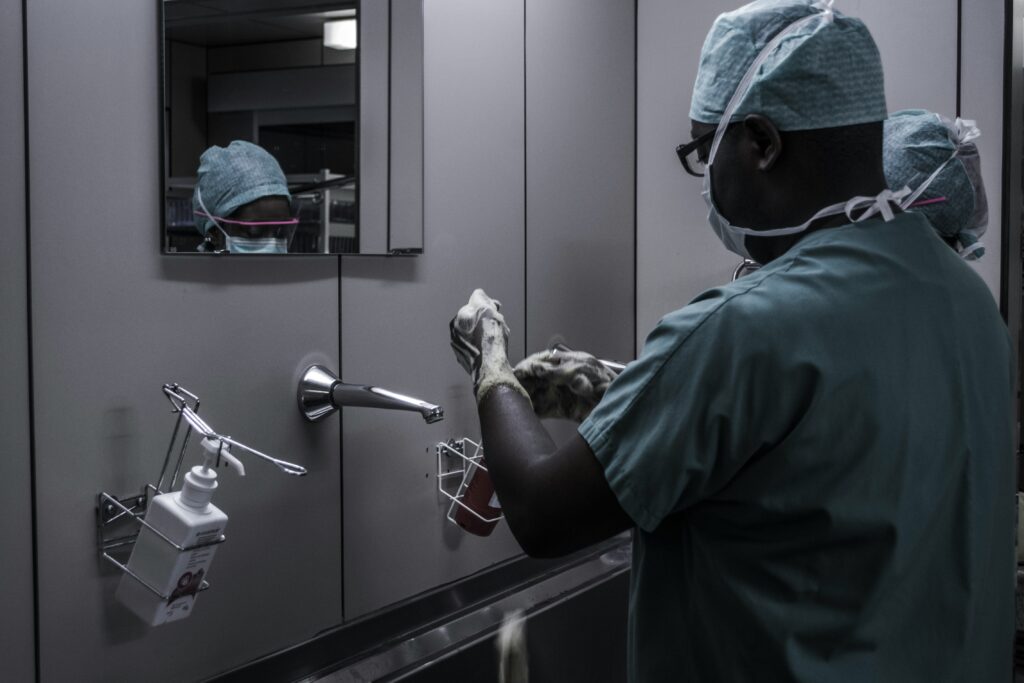Many private sector employers, employment agencies, equity advocates, parents and students are pushing for more government investment into on-the-job training programs for recent high school and college graduates. As the interest in apprenticeships swells there is a waning desire to financially support a staid university system with little upside potential.
Does a college diploma offer a guaranteed job? Nope. Does it saddle a young adult with debt? Most likely, yes. Does it promise a wonderful social networking experience? For the past three years, NO.
US taxpayers fund college goers at much higher levels than job trainees
In spite of this growing dissatisfaction with the status quo, FastCompany found American taxpayers continue to fund college aspirants at a rate far exceeding student apprentices. It was found, young adult apprentices and on-the-job training participants receive a penance. “Apprentices receive on average about 2% of the support that taxpayers spend on a typical college student.”
Substantial interest in US internship programs
The US Bureau of Labor Statistics (BLS) tallied the prospects of young adults in America. Sixty-one percent (61%) of 1.9 million US high school graduates enroll in a college or university for higher learning. At the same time, more than one-quarter million (265,249) participate in an apprenticeship or internship program for on-the-job training. While college participation is seven times greater than internship participation, its rate of growth is astounding.
News Nation Now, shares that the interest in apprenticeships, internships and on-the-job training for new entrants are burgeoning at an exponentially rapid pace.
NewsNation, citing the Labor Department, the number of apprentices in active registered on-the-job training programs in the US has grown by 30% since 2019. At the same time, the prospects don’t look so great in the United Kingdom. The headwinds for career pathways may have blown in the opposite direction.
30% British Young Adults Receive no Training or Education after Graduation
In the United Kingdom, the data is more concerning. Richard Layard writing for the Financial Times stressed the essential nature of on-the-job training for youth and young adults (‘Access to apprenticeships is vital to close UK’s skills deficit,’ October 27, 2023).
In the United Kingdom, Layard estimated almost 50% of recent high school students head directly to the university to attain a liberal education. Another 30% he said, “get no education or training at all beyond the age of 17.” Why?
Layard theorizes that the repealing of the 2010 Apprenticeship Act, enacted in 2009, no longer obligated the British government to guarantee the on-the-job training placement to every qualified apprenticeship applicant. On the other hand, the German system may remain the vanguard of apprentice and trainee programs for young adults.
The Standard bearer: German Apprentice Programs
Chalkbeat reports upon the German system that offers a forked approach highly regarded by its OCED country peers. When German students enter their sophomore year, students of one prong are offered a dual-tracked option to attend a vocational training school and further their academic learning through theoretical study. For the other prong, these sophomores remain in the liberal arts formal educational environment for another three years with a capstone admissions exam to enroll in a university. The method by which the Germans utilize their apprenticeship programs to lower young adult unemployment has always garnered global acclaim.
Conclusion
Getting back to the Layard’s Financial Times article. He argued, “a guaranteed apprenticeship is the way to [break the class ceiling].” He recalled, “60 years ago, the route to social mobility was as a part-time apprentice of trainee. We have shamefully neglected it. We now have less social mobility and greater wage inequality on top of chronic low productivity.”
Government officials and private sector employers in the US are doing a turnabout also. Not to mention the high school graduates themselves and their cash strapped parents.
College graduation accompanied by a university bachelor’s degree aren’t the tickets to a middle class lifestyle as it once once. Parents are beginning to think that the cost to obtain a four-year college degree far outweigh the benefit of earning the college credential. High school students themselves are finding out that a college degree doesn’t guarantee a living wage, status, upward mobility and status stability.
Employers, if you are thinking about starting an apprenticeship program within your company, you are not alone. If you are a student and are having second thoughts about college, join the club.











